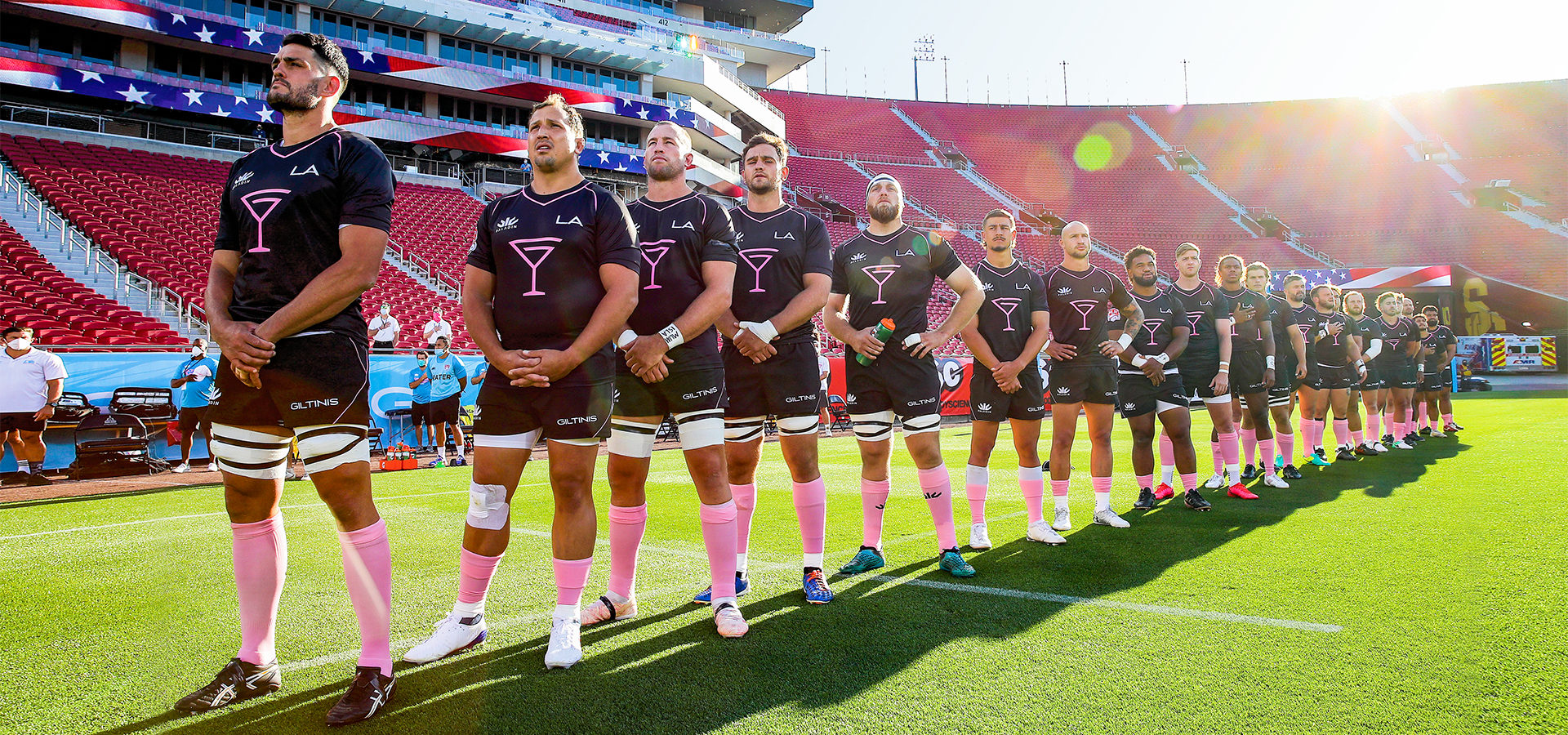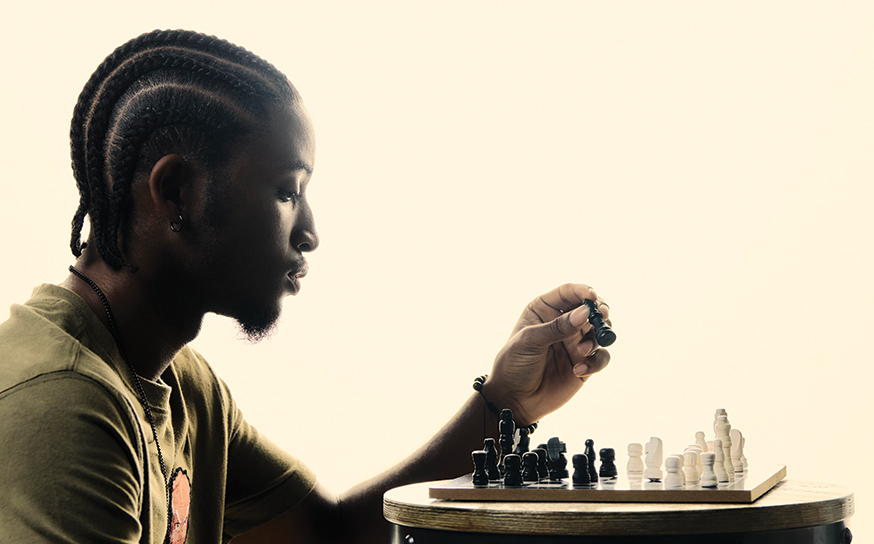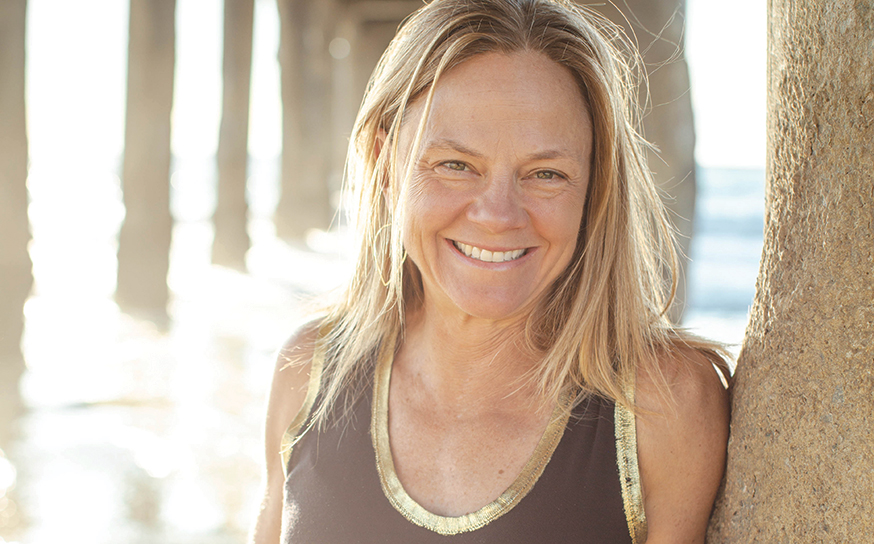The El Segundo-based Giltinis Bring Professional Rugby to Los Angeles
The long goal.
- CategoryPeople
- Written byQuinn Roberts
Los Angeles, home to iconic franchises like the Lakers, Dodgers, Kings and Rams, welcomed a new sport in 2021. The Giltinis, one of 12 teams in Major League Rugby (MLR)—the first professional rugby league in the United States—began its inaugural season with 16 games this year, including several that were played at the LA Memorial Coliseum. This is a truly international team; its players hail from Australia, South Africa, Samoa and Tonga, as well as the United States.
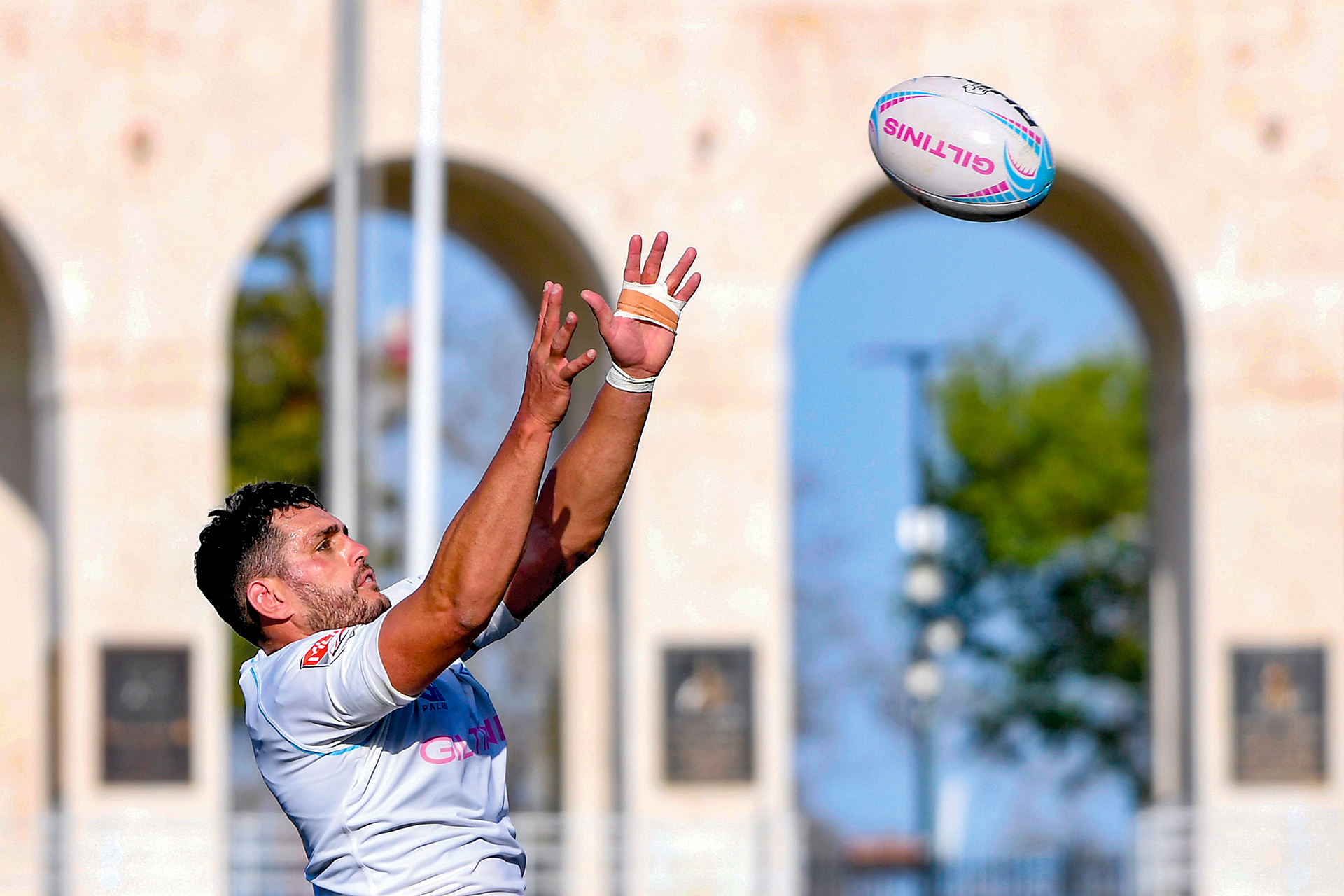
“Any team that I have been on has had a mixture of people from all over the world. You get a sense of different cultures and backgrounds,” says Giltinis centre Billy Meakes, who is from Australia. “I’m a strong believer that culture is the most important thing in any team sport because if you don’t have a united team, you likely are not going to succeed.”
When general manager Adam Freier recruited players to form the team, he knew the Southern California location would be a draw. But he also wanted to make sure players were comfortable starting from the ground up and helping grow the game in the United States. The same was true for the coaching staff—especially Darren Coleman, who joined as head coach during the Giltinis’ first season before taking a job coaching the NSW Waratahs in Australia starting in 2022.
“I’m at a stage in my career where I wanted a bit more of a relaxed environment,” says veteran captain Dave Dennis, who plays lock/backrow. “It was the excitement of the unknown and building something from the very beginning. It makes me feel young.”
The uniqueness of the organization starts with the team’s name. To showcase the fun side of Los Angeles and to get the attention of the rugby world, owner Adam Gilchrist came up with the moniker as a combination of his name and a yet-to-be-released premium cocktail based on the martini.
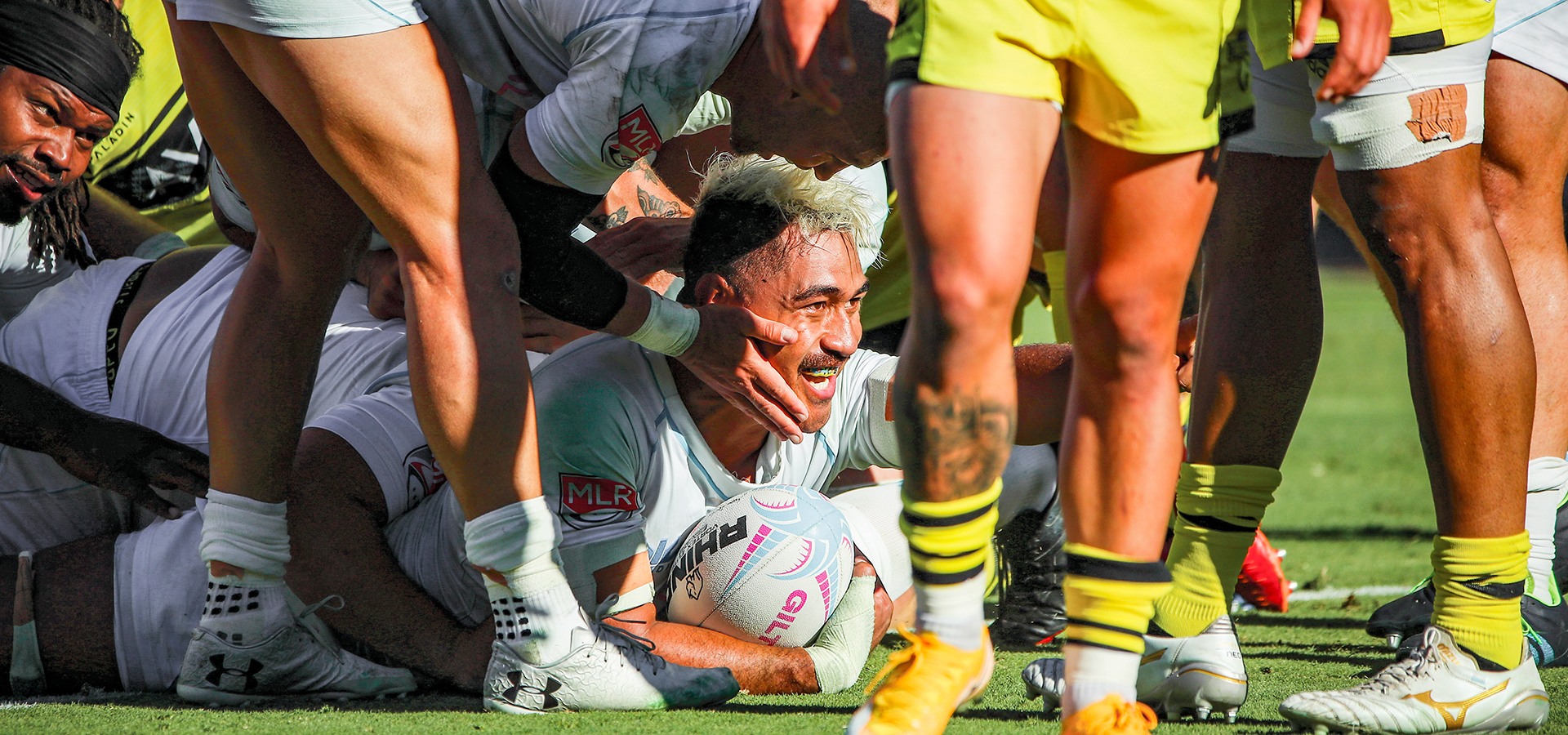
“I have been playing for a while, and most of the time the team was named after the town or province. To be asked to play for a cocktail is completely different,” says Dave. “I think it is a reflection of our owner. Rugby has a proud history, but he’s trying something different.”
Their name may be lighthearted, but don’t be mistaken. Giltinis players mean business the instant they take the field.
The big question for MLR and the Giltinis is how to get Angelenos interested in rugby. They started with youth engagement—interacting with the community and encouraging kids interested in new sports. While much of that engagement has been limited due to the COVID-19 pandemic, Dave visited Mira Costa High School in late spring and taught students how to play rugby. The organization also supports camps throughout California that encourage young athletes to give the sport a try.
“You want kids to start playing at 10, 11, 12 years old,” says Dave. “Americans obviously play so many different kinds of sports, but if you can tell them that they may have the opportunity to play professionally and travel the world, you can get them more interested.”
“I’m a strong believer that culture is the most important thing in any team sport because if you don’t have a united team, you likely are not going to succeed.”
Major League Rugby hopes to sign homegrown players to the league as the sport takes root in the community. Currently about 30% of players are local—a percentage they hope to increase over the next decade.
To get fans in seats, players and coaches recognize that it’s going to take more than reliance on youth engagement and preexisting rugby fans. Educating potential spectators on the pace of play factors importantly into the fan recruitment strategy. Unlike football, baseball and basketball games—which typically take more than three hours to complete—rugby plays in 40-minute halves with few pauses.
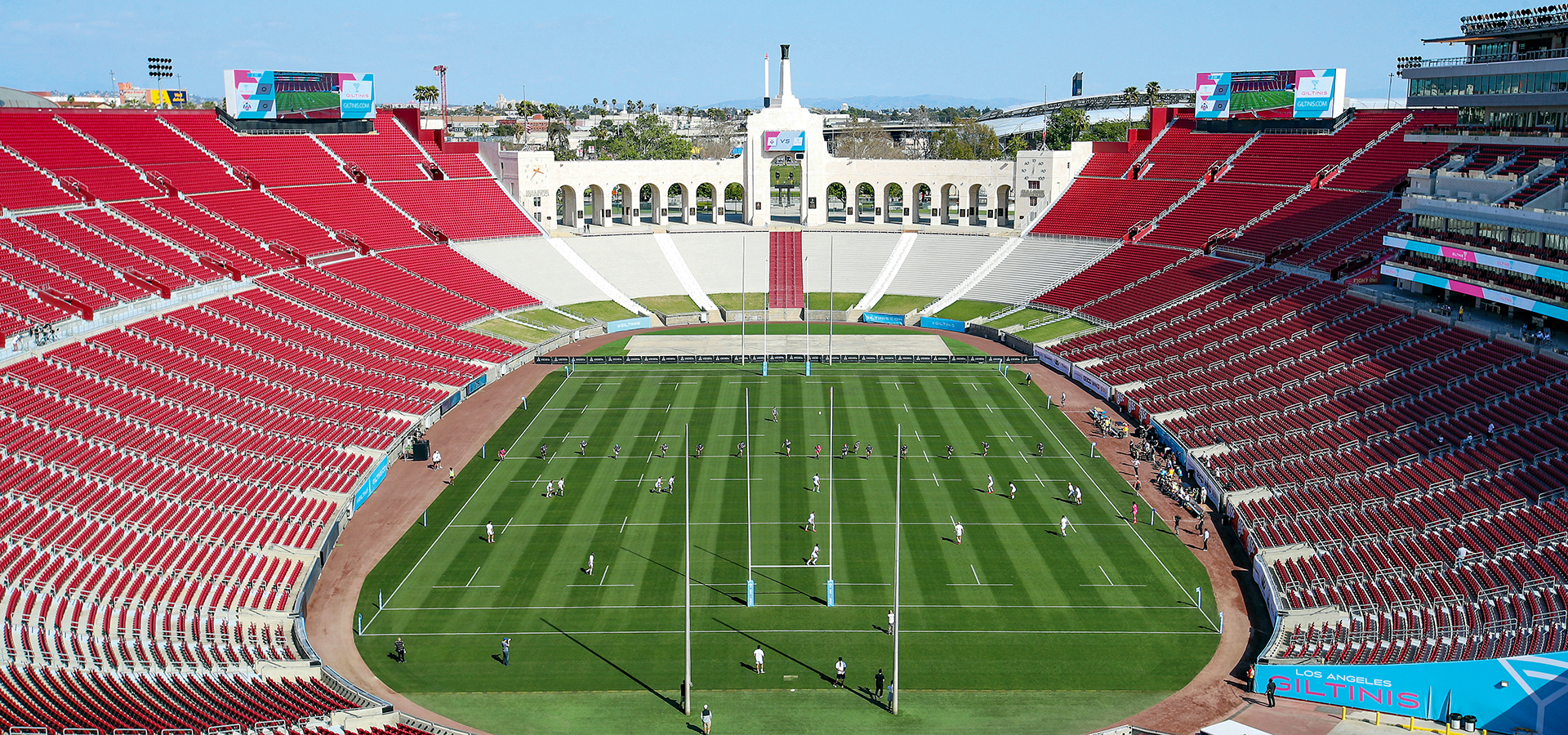
“It is a very fast-paced game with not much stoppage and very physical with a lot of contact,” explains Billy. “The huge difference between football and rugby is that we don’t wear pads. It’s bone on bone, which is the big wow factor. It is entertaining, and you don’t need to know much about rugby to sort of pick it up. The basics are simple.”
The L.A. Coliseum also gives the Giltinis the advantage of an unmatched atmosphere. While other national rugby teams play in smaller facilities, the Giltinis get to play in a historic venue. This season, the team had one of the highest win percentages and point differentials at home compared to other teams in the MLR.
“I’ve been lucky enough to play at some incredible spots, but I’ve never felt the way I did walking out onto the Coliseum for the first time,” shares Billy. “When I walk out, I still get this overriding emotion of history. It’s one of the things that all of us players are grateful for. It is a new experience every time.”
When Dave signed with the Giltinis, he immediately went online and watched all of the famous sporting events that have taken place at the Coliseum. While it’s known as the home of the 1984 Olympics, Super Bowl I and USC football games, the L.A. Coliseum also hosted rugby games during the 1930s and ’40s.
All of the Giltinis players live close to their practice facility in El Segundo. When practice ends, many ride off together on scooters back to their homes in the South Bay or Venice. Some even live together.
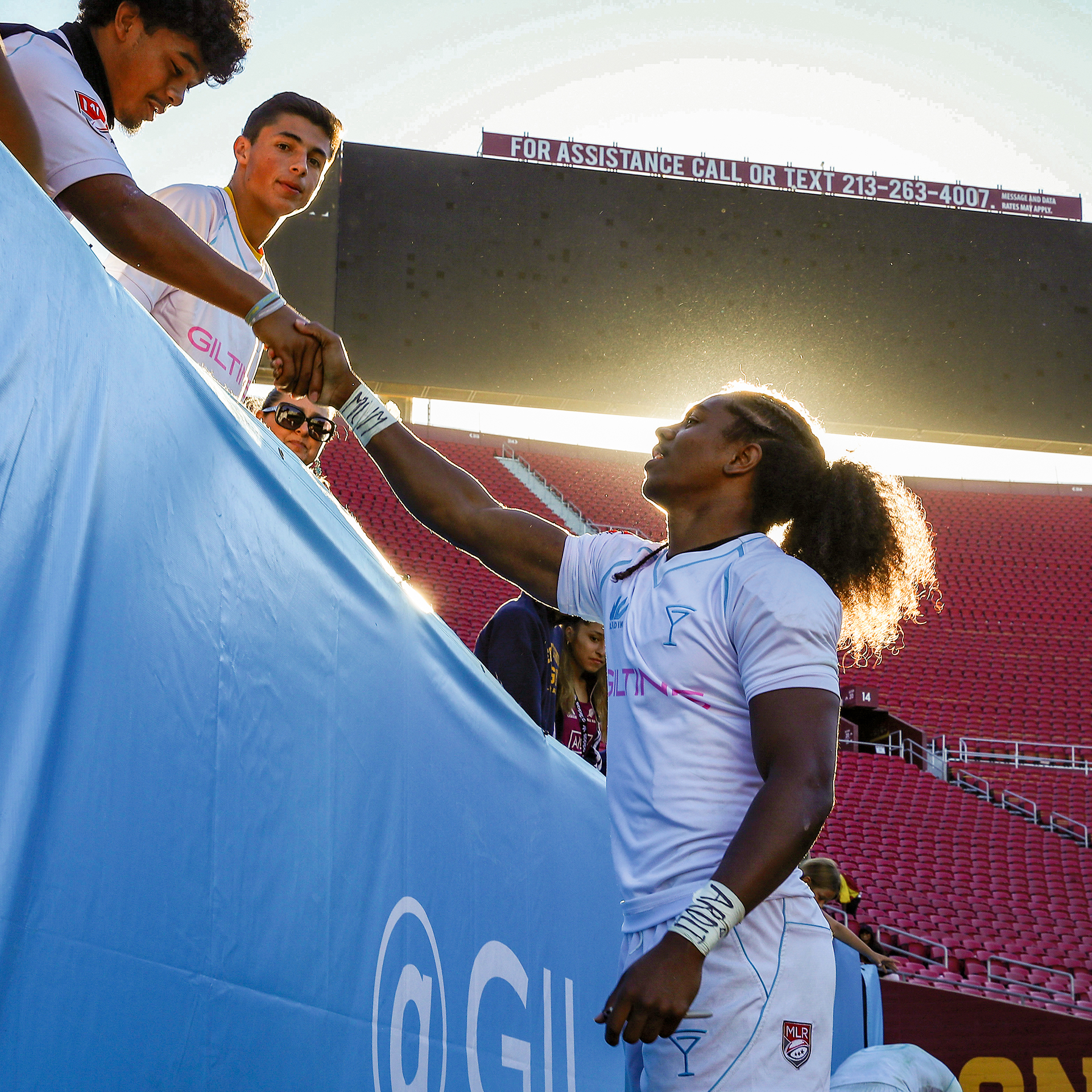
Billy recalls a day off in June when he decided it would be fun to host a barbecue. After sending out a message with only one day’s notice, every player showed up—along with his family and friends.
“Rugby is different. It has its own sort of culture,” says Coach Darren. “Quite a few traditions happen in rugby that don’t happen in other sports. We run onto the field together, we shake hands and the teams even go to a post-match dinner. They say it is a hooligan sport played by gentlemen.”
That familial bond is something the Giltinis have worked hard to achieve. Over a five-week span in Maui during the preseason, the team didn’t just practice hard. They also participated in water sports together—surfing, scuba diving, boat races—and would end the days enjoying beers.
During the season the team focuses more on the individual. Once a week a player takes in something meaningful to him and sits in front of the group to talk about it. Darren also started the “honesty chair”—team members are welcome to comment on one thing they like and one thing they don’t like about a specific player’s technique. He believes this genuine, forthright interaction creates harmony amongst the teammates.
“We tried to get to know the players on another level, as opposed to just knowing them on the field—who they are, what makes them tick. You want people to be themselves,” Darren says. “Rugby has such a uniqueness because of the body-contact nature. When you get guys together and you rely on each other for your safety, it takes it to another level if you don’t trust each other. That bonds the group quickly.”
Southbay ‘s Annual Spring Style Guide Has the Latest Fashion Trends, Jewelry, Home Goods and Gifts!
Shop local and support our amazing businesses.






